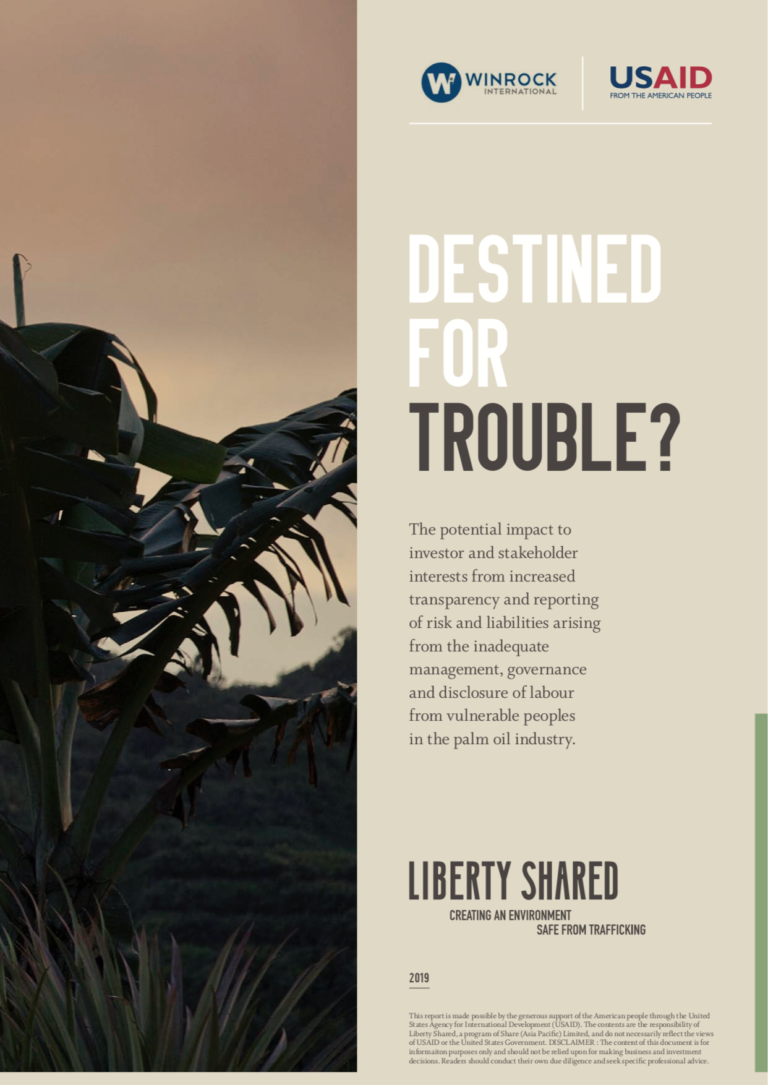The palm oil industry continues to be a highly controversial business and social proposition. Its detractors lay before society a long list of grievances covering a wide range of environmental, social and management issues. While its supporters continue to refute or ignore the depth of the problems, pointing to its financial success, palm oil’s wide range of uses and the current lack of a credible commercial alternative for buyers.
The range of allegations against the industry makes for grim reading:
- Forced labour
- Child labour
- Gender violence
- Wage ‘theft’
- Use of toxic pesticides
- Deforestation/illegal logging
- Wildlife destruction
- Violence against indigenous people
- Pollution
The authors of this article contend that the problem is structural and systemic. To that end, they have identified various structural weaknesses and gaps in the risk assessment of the industry, the operational governance, internal controls and management of the industry and the management of its relationship with the communities of people the industry draws upon for labour.
It is important that investors and stakeholders share in the risk of the vulnerable desperately seeking work (should they carry the burden solely?) so it is also in their interests to want to protect the vulnerable. Or as the essayist and former risk analyst Nassim Taleb describes it, to rebalance the hidden asymmetries in the system of society.
In this document, they examine underlying harmful means of supplying labour to plantations and failings of the industry to provide proper internal controls and effective governance and management that would lead to the eventual elimination of actual and potential abuse of vulnerable workers. These weaknesses may have increasing impact on investor and stakeholder interests as the extent of the abuse becomes better understood and risks can then be priced more accurately.

